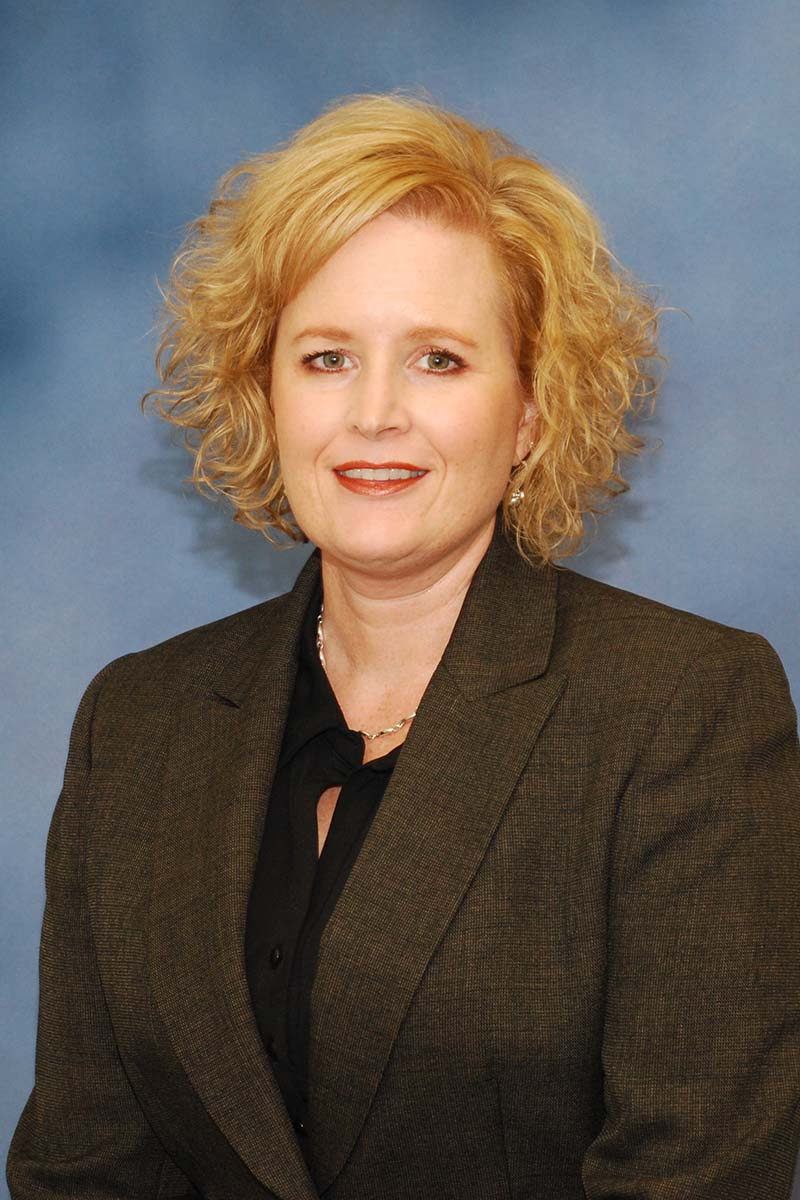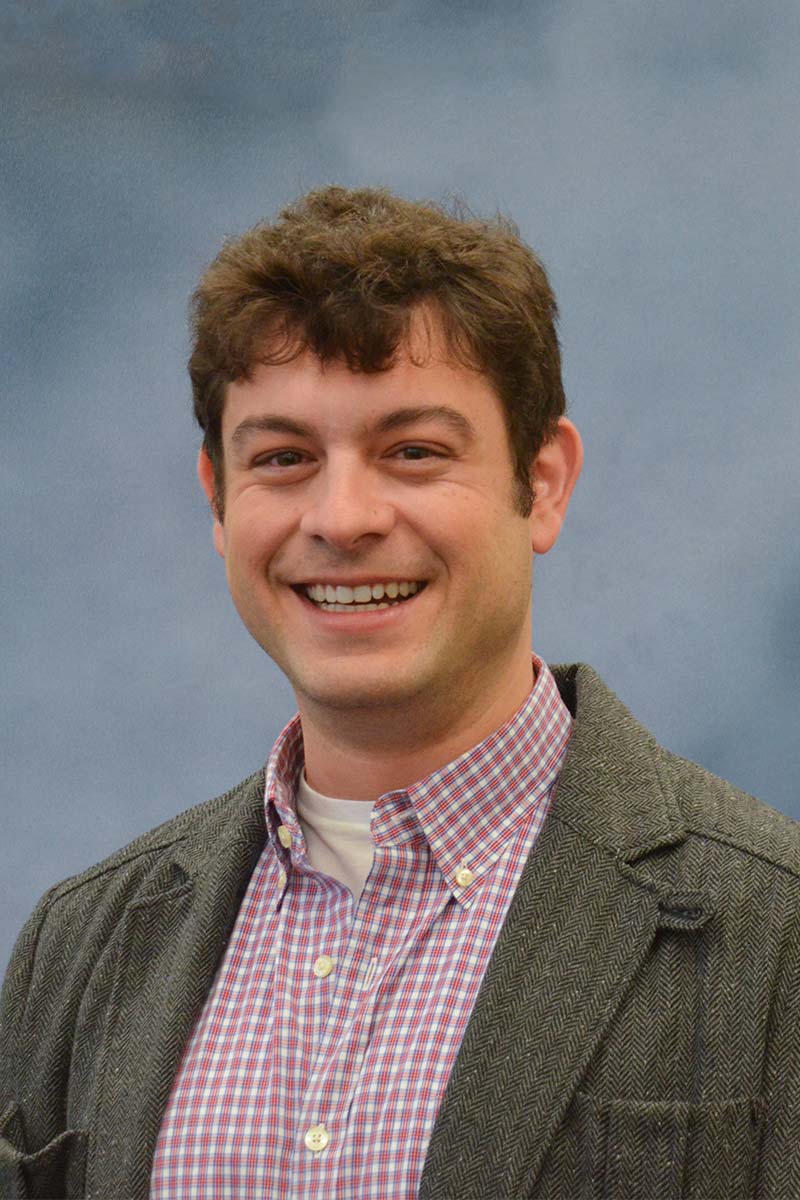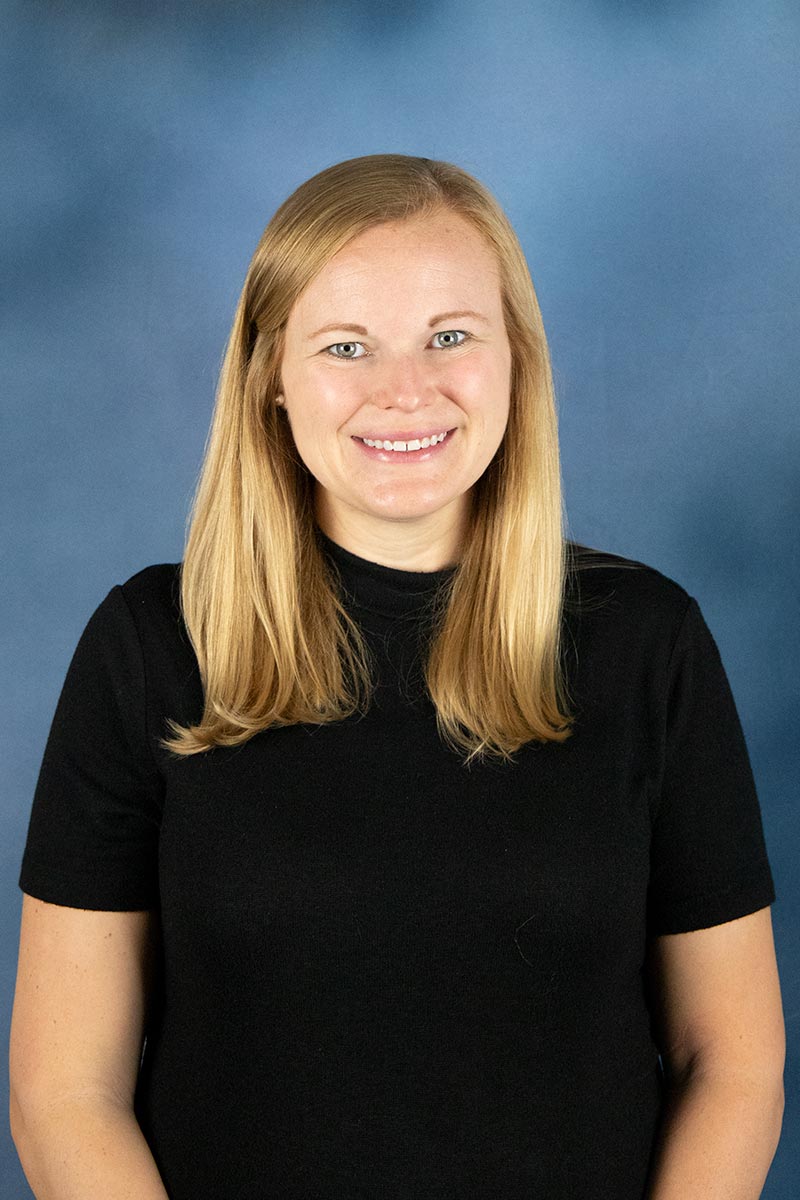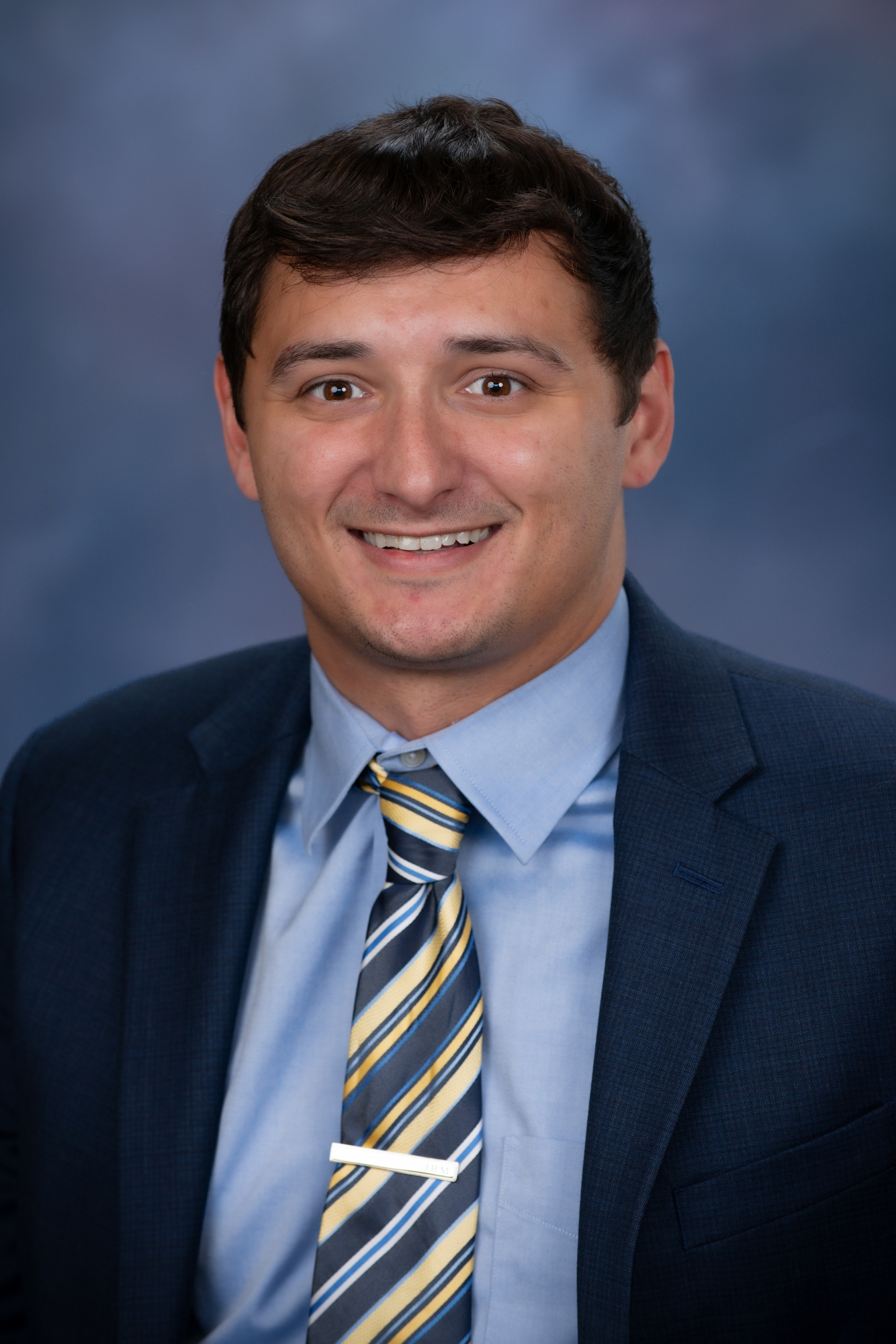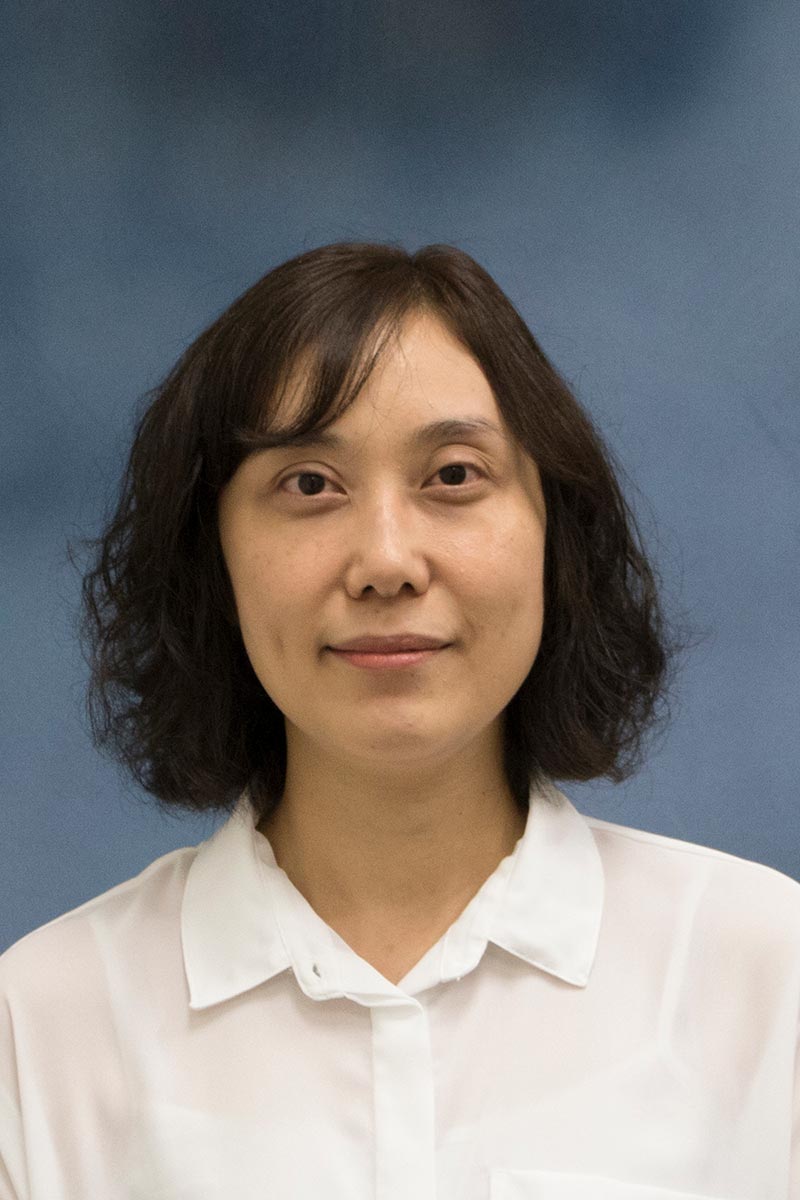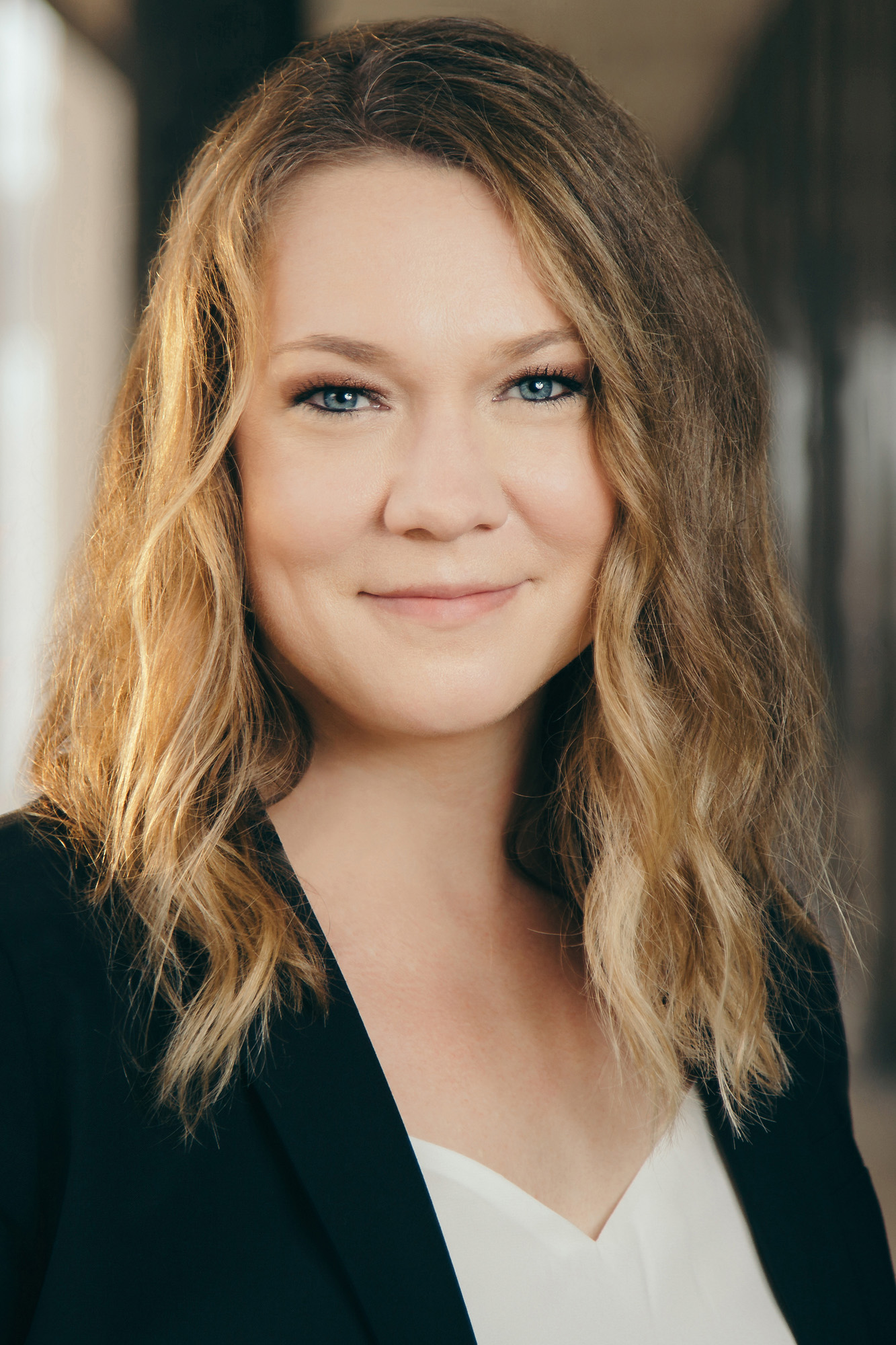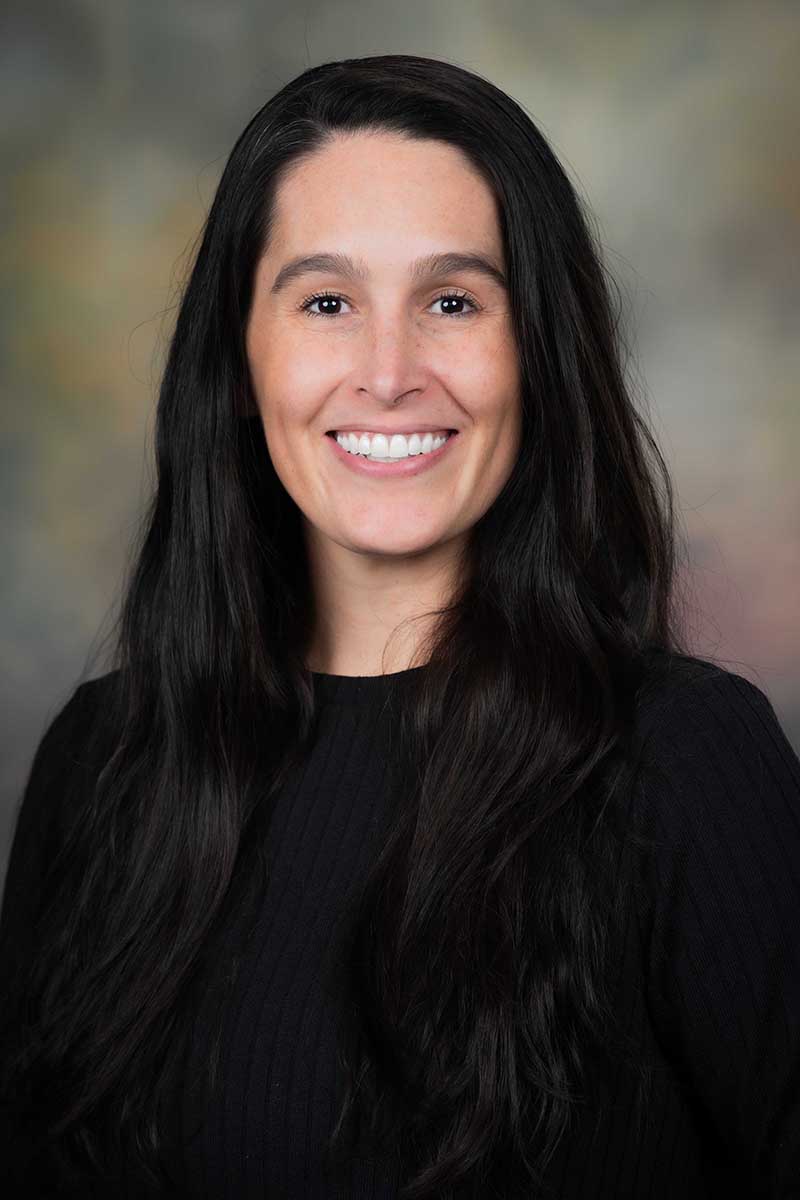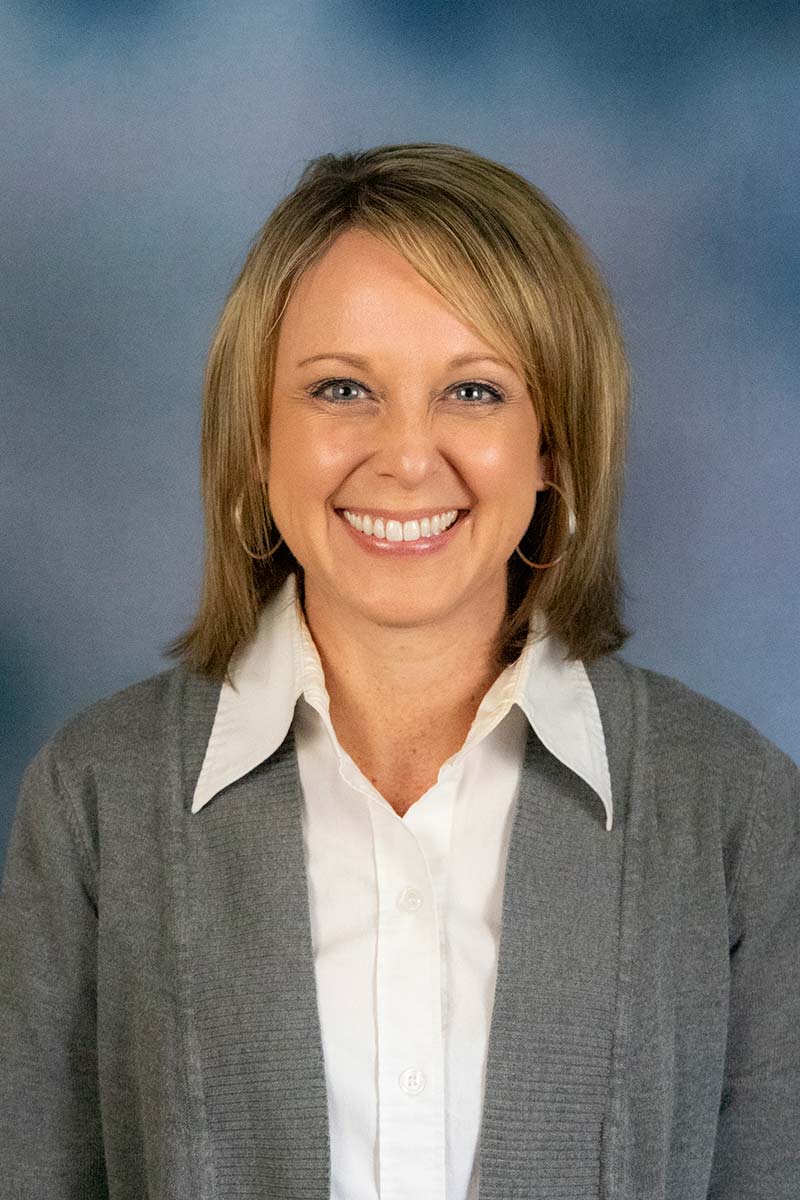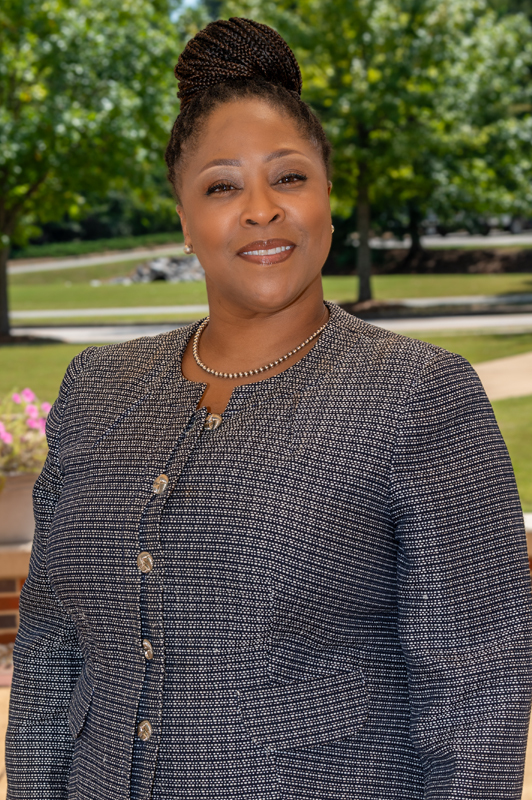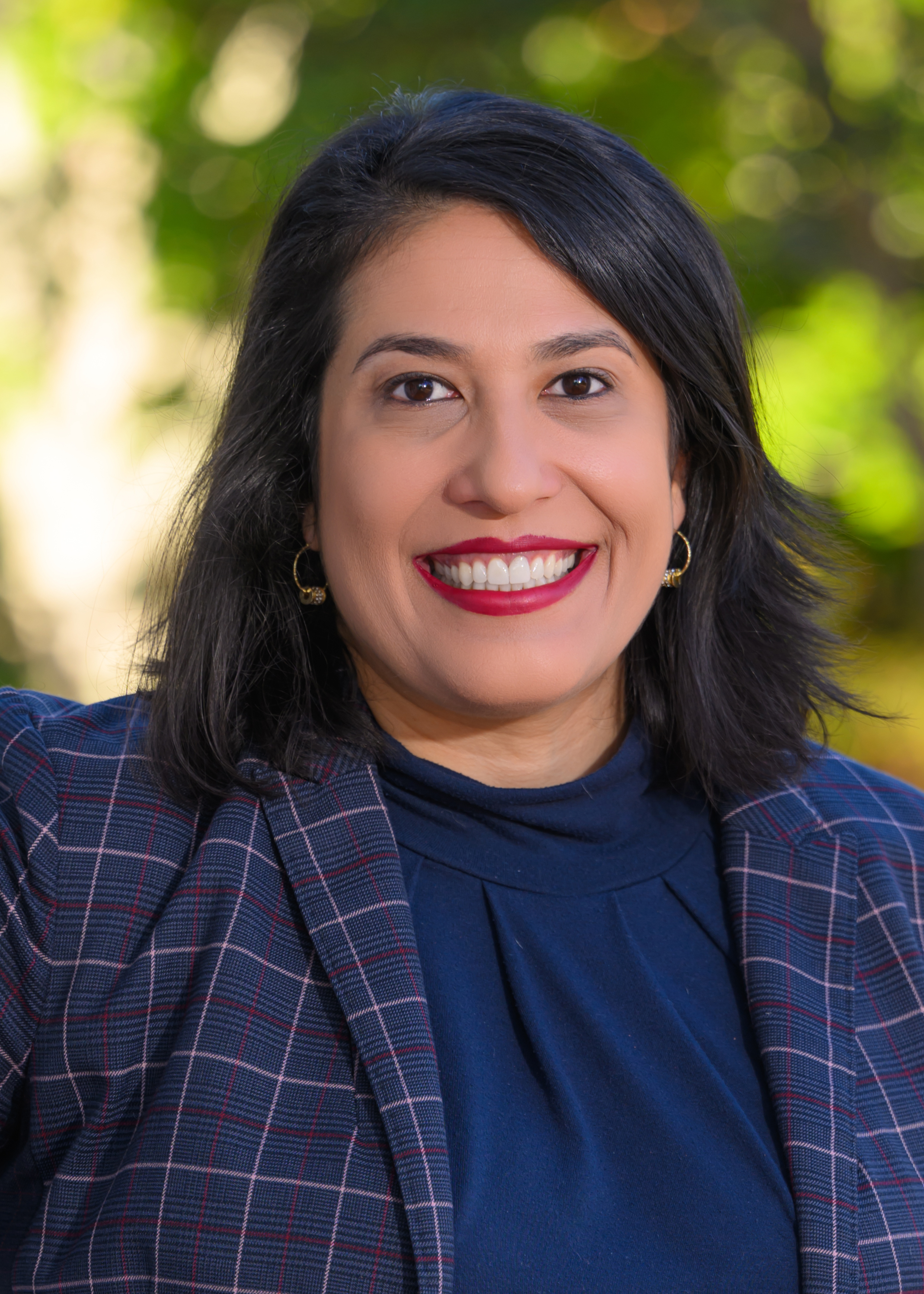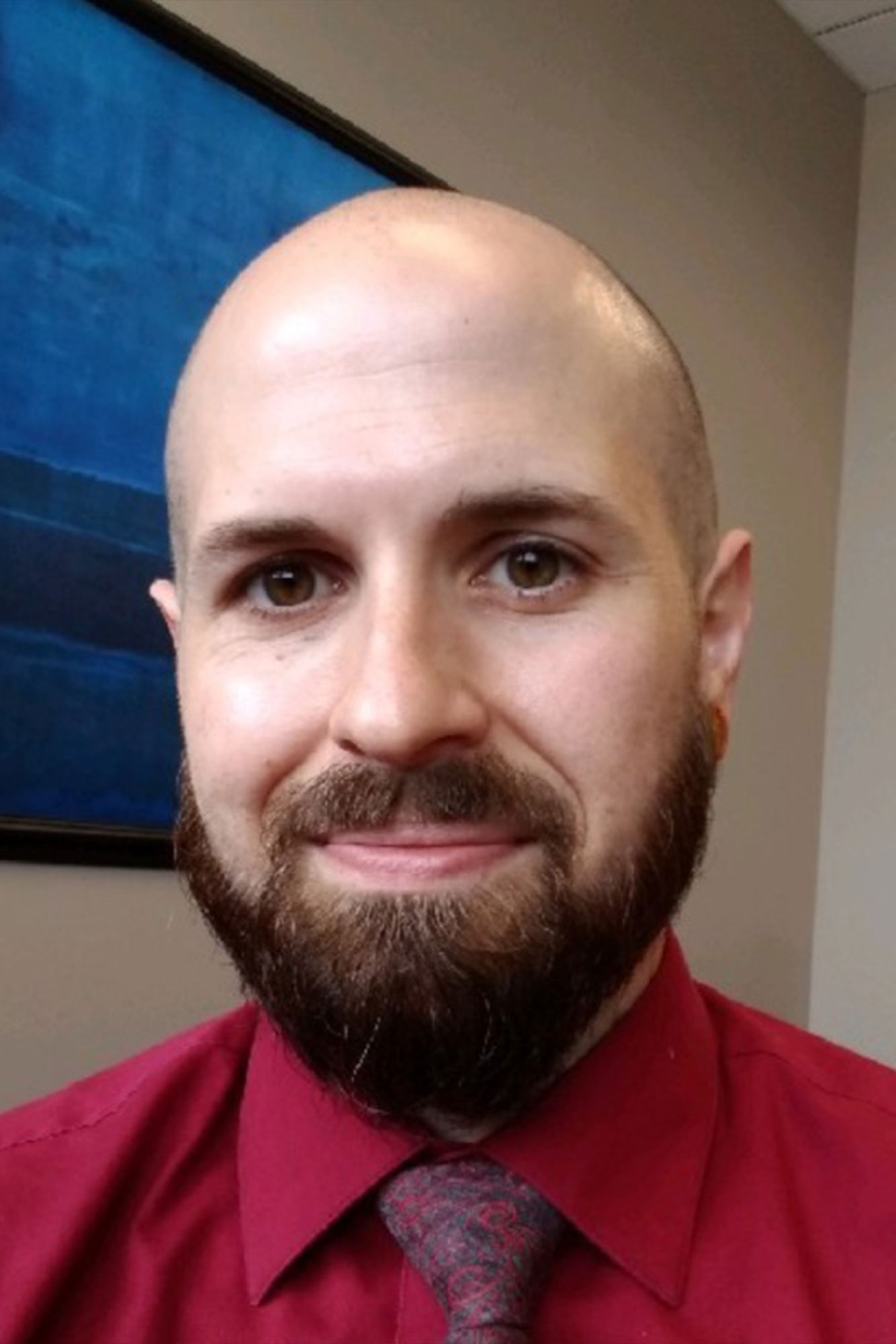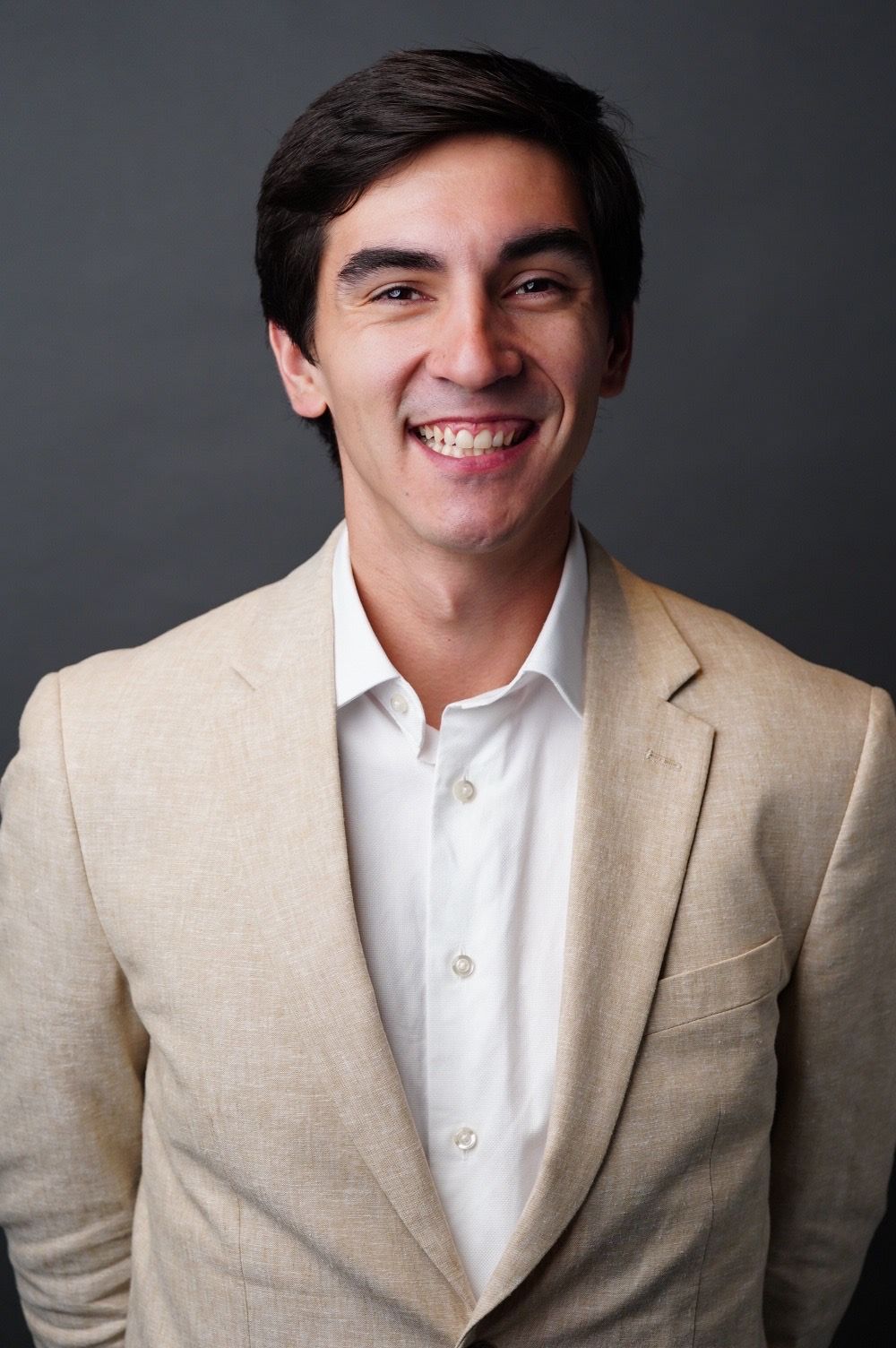The counselor education graduate programs at Auburn University prepare students to engage in counseling, research, supervision, and teaching. We develop counseling professionals who possess the skills and knowledge necessary to be highly competent and committed professionals in their specialty area.
Accreditation
The counselor education programs are accredited by the Council for Accreditation of Counseling and Related Educational Programs (CACREP).
The School Counseling program is also accredited by the Council for Accreditation of Educator Preparation (CAEP).
In accordance with accreditation standards, any student applying for a CED program (including those online) must complete all course work and field experiences (Practicum and Internships) in the United States, no exceptions will be made.
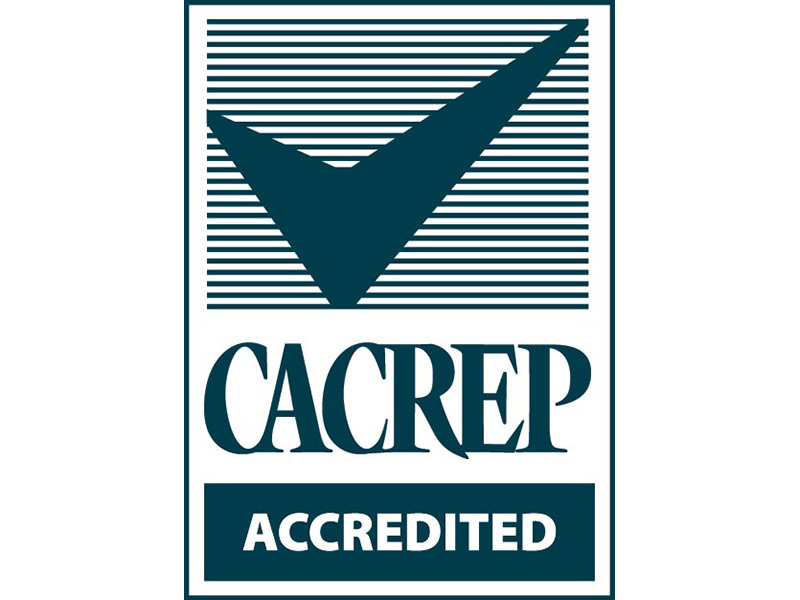
Programs of Study
Our practice-based program prepares counselors to work in inpatient, outpatient, non-profit, private practice, community agency, governmental, and educational settings.
This program is offered on campus and online.
Application Information
Deadline: January 30
-
On campus and distance cohorts will be enrolled to begin fall semester only.
Required Materials:
-
Graduate School application and payment
-
Transcripts
-
3 Reference forms
-
Statement of Intent
-
Cultural Statement
-
Resume or CV
-
TOEFL report (for international students)
Would you like to work with youth and adults with disabilities? Our program can prepare you to be a rehabilitation counselor. Our graduates work in state and federal vocational rehabilitation programs. You could also work in non-profit community rehabilitation programs.
This program is offered on campus and online.
Application Information
Deadline: February 28
Please inquire at serc@auburn.edu to see if this deadline has been extended this year.
Required Materials:
-
Graduate school application and payment
-
Transcripts
-
3 Reference Forms
-
Statement of Intent
-
Cultural Statement
-
Resume or CV
-
Writing Sample
-
TOEFL report (for international students)
Our program prepares you for a career as a professional school counselor in public or private elementary, middle/junior high, and high schools. Our program involves practica and internships related to your career goals. We accept both full-time and part-time students. This degree leads to recommendation for Class A Alabama professional educator certification.
This program is offered on campus and online.
The School Counseling program is accredited by the Council for Accreditation of Educator Preparation (CAEP). In accordance with accreditation standards, any student applying for a CED program (including those online) must complete all course work and field experiences (Practicum and Internships) in the United States, no exceptions will be made.
Application Information
Deadline: January 1
Please inquire at serc@auburn.edu to see if this deadline has been extended this year
Required Materials:
-
Graduate school application payment
-
Official Transcripts
-
3 Reference Forms
-
Statement of Intent
-
Cultural statement
-
Resume or CV
-
TOEFL report (for international students)
Our degree prepares you for a career in counselor education, mental health, and school counseling. You will complete practica in advanced counseling, research, supervision, and teaching. You will also have an internship with both educational and professional goals.
Application Information
Deadline: January 1
Required Materials:
-
Graduate school application and payment
-
Transcripts
-
3 Reference Forms
-
Statement of Intent
-
Cultural statement
-
Resume or CV
-
TOEFL report (for international students)
The Vocational Evaluation Forensic Certificate program is a short-term training certificate that exists for professionals and paraprofessionals who desire to work in the field of vocational rehabilitation. This certificate incorporates current knowledge and training on societal trends in the areas of economics, forensics, employment, and evaluation, serving to enhance and improve students’ education, ultimately leading to greater employment for individuals with disabilities.
This program is offered on campus and online.
Those completing the Vocational Evaluation Forensic Graduate Certificate will be able to
- assist individuals with disabilities in achieving positive employment outcomes
- help individuals with disabilities identify career and educational interests
- apply evidence-based practices to empower individuals with disabilities
- engage in social just and advocacy in their daily work
Faculty will teach the core classes of the certificate program including Introduction to Rehabilitation and Case Management, providing a high quality and expert experience in coursework.
Students will take six courses, which are required for certificate completion. There are no electives. Students will take two courses each semester, for three semesters to complete the programs. Cohorts will be admitted each fall semester. Courses can be taken as non-degree by students eligible for Master’ level coursework, or have a degree in Rehabilitation Counseling, or those completing a master’s degree.
Counselor Education Program Mission Statement
Per CACREP standards, we are required to provide the following:
The primary mission of the CED programs (CED, CMHC, SC, CRC) is to develop counseling professionals who possess the skills and knowledge necessary to be highly competent and committed professionals in their specialty area. Therefore, our graduates address biopsychosocial, educational, environmental, and systemic barriers to wellness and human development. The programs embrace and advocate for differences in identity, culture, experience, and context, and commit to fairness, access, and belonging as foundational professional responsibilities. Within a dynamic, pluralistic, and global society, our programs foster culturally sustaining practice, inclusive learning environments, social justice awareness, and transformative leadership. Guided by scholarship, ethical integrity and service, we engage in meaningful outreach, research, and partnerships that strengthen counseling professions and expand mental-health, educational, and rehabilitation services for different populations. A central foundation of this mission is the preparation of counselors and counselor educators to work in an increasingly differing and complex society. The program’s understanding of difference encompasses culture, identity, race, ethnicity, socioeconomic status, ability, and other aspects of all individuals. The program strives to meet these goals by students and faculty investing in education and advocacy to support all others, fairness and access, belonging, and culturally sustaining practices.
These principles are in alignment with our professional, ethical, and accreditation standards including: Council for the Accreditation of Counseling and Related Programs (2024 standards) American Counseling Association’s Code of Ethics (ACA, 2014), American Rehabilitation Counseling Association (ARCA), the Commission on Rehabilitation Counselor Certification (CRCC), American Mental Health Counselors Association (AMCHA), and the American School Counselor Association (ASCA). Overall, we seek to create educational and learning environments that support, sustain, and challenge students to address their development as professionals related to and representative of culturally sustaining practice. Additionally, the Counselor Education Mission Statement and the program's commitment to serving all individuals and groups is in accordance with the following CACREP accreditation standards: 1.I. - The counselor education program intentionally creates and effectively maintains an inclusive and equitable learning community that respects individual differences.
Program Faculty
